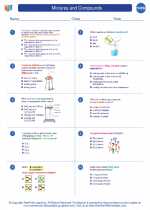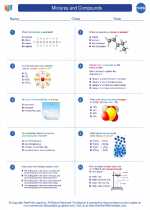Earthworms: An Introduction
Earthworms are a type of annelid, a group of segmented worms that belong to the phylum Annelida. They are found in nearly every type of soil and play a crucial role in maintaining soil health and fertility. Earthworms are also important in the decomposition of organic matter, making them essential for nutrient cycling in ecosystems.
Anatomy of Earthworms
Earthworms have a cylindrical, elongated body made up of multiple segments. They lack limbs and have a distinct head and tail end. The body is covered in a moist, slimy layer that helps them move through soil. Earthworms also have a simple nervous system, a closed circulatory system, and a digestive system that includes a muscular gizzard for grinding up soil and organic matter.
Ecological Importance
Earthworms play a vital role in improving soil structure through their burrowing activities, which enhances soil aeration and water infiltration. They also consume organic matter and soil, processing it in their digestive system and excreting nutrient-rich castings that enrich the soil. This process, known as vermicomposting, helps release nutrients in forms that are more readily available to plants.
Study Guide
- Anatomy: Study the internal and external anatomy of earthworms, including their segments, setae (bristles), and reproductive structures.
- Ecological Role: Understand the ecological importance of earthworms in soil health, nutrient cycling, and ecosystem processes.
- Behavior and Habitat: Explore the behavior of earthworms, their preferred habitats, and their responses to environmental conditions.
- Reproduction: Learn about the reproductive strategies of earthworms, including their hermaphroditic nature and the process of copulation and cocoon formation.
- Human Uses: Investigate the ways in which earthworms are utilized in vermicomposting, as bait in fishing, and in scientific research.
◂Chemistry Worksheets and Study Guides High School. Mixtures and Compounds

 Worksheet/Answer key
Worksheet/Answer key
 Worksheet/Answer key
Worksheet/Answer key
